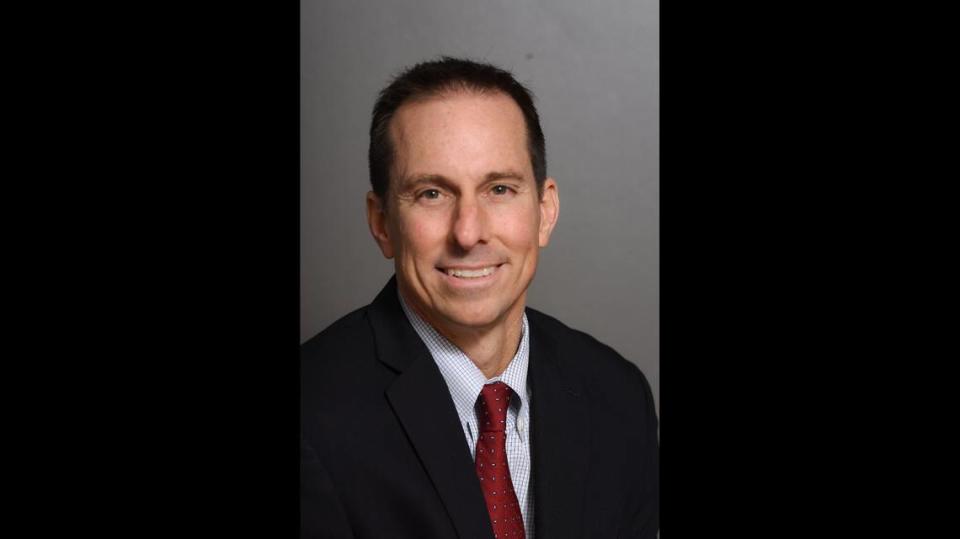Empowering private colleges to fuel South Florida’s workforce | Opinion
An educated talent pool provides the fuel that drives entire communities, encourages business relocations and generates social mobility.
As Broward County continues to invest in economic development initiatives and corporations relocate to our vibrant shores, the contributions of private educational institutions become essential to sustaining growth.
However, preparing the next workforce has never been more challenging, and private and public investments must be made to support a talent pipeline.
A recent Independent Colleges and Universities of Florida (ICUF) report found a 14-to-1 return on investment for the degrees produced by Florida’s private higher education institutions versus public colleges and universities for every $1 million invested by taxpayers.
Legislative funding
During the 2024 Florida legislative session, South Florida’s Legislative Delegation supported legislation and funding priorities that allowed many students to continue their education and their path to contributing to our local economy. We are grateful for their support.
Effective Access to Student Education (EASE), a tuition assistance program open to individuals who have been Florida residents for 12 consecutive months, is often the largest form of state funding private universities receive.
The original intention of EASE was to provide taxpayers with school choice, but in reality, many students don’t have an option. Less than half of the students who applied to our state universities were accepted this past fall.
Private colleges are filling the need and have had to find creative means to provide access to education for many of those that have been turned away. The majority of Barry University’s students identify as minorities, and just over 22% are over 25. Despite the hurdles they have had to overcome, our students make significant contributions to the local economy.
This success is often due to the personal attention they receive and the emphasis placed on experiential learning, as well as access to internships and externships we have enacted.
Applying theoretical knowledge with practical skills in health, tech, business, sciences and other areas is crucial to the seamless transition from the classroom to the workplace. Our colleges and universities often offer an intimate learning environment, while making affordability a priority and limiting debt to the highest degree possible.
While public funding is essential, it cannot be the sole source of support for private colleges. The private sector is also vested in ensuring a robust pipeline of skilled graduates. Businesses can become active partners by offering internship and job opportunities, guest lectureships by industry leaders, and financial support for scholarships and specialized programs.
This synergy creates a mutually beneficial relationship where universities receive the resources to refine their programs continuously, and corporations gain access to a pool of well-prepared potential hires.
Private colleges vital partners
Our South Florida private colleges are not merely alternatives to public universities, they are vital partners in educating a generation of critical thinkers, problem solvers, and adaptable workers — the cornerstone of a thriving economy. Increasing support to allow students to seamlessly attend private colleges and universities, we can ensure institutions of higher learning have the resources they need to flourish.
This collaborative approach lifts entire communities and often provides crucial economic growth opportunities.
Mike Allen is president of Barry University in Miami Shores.


